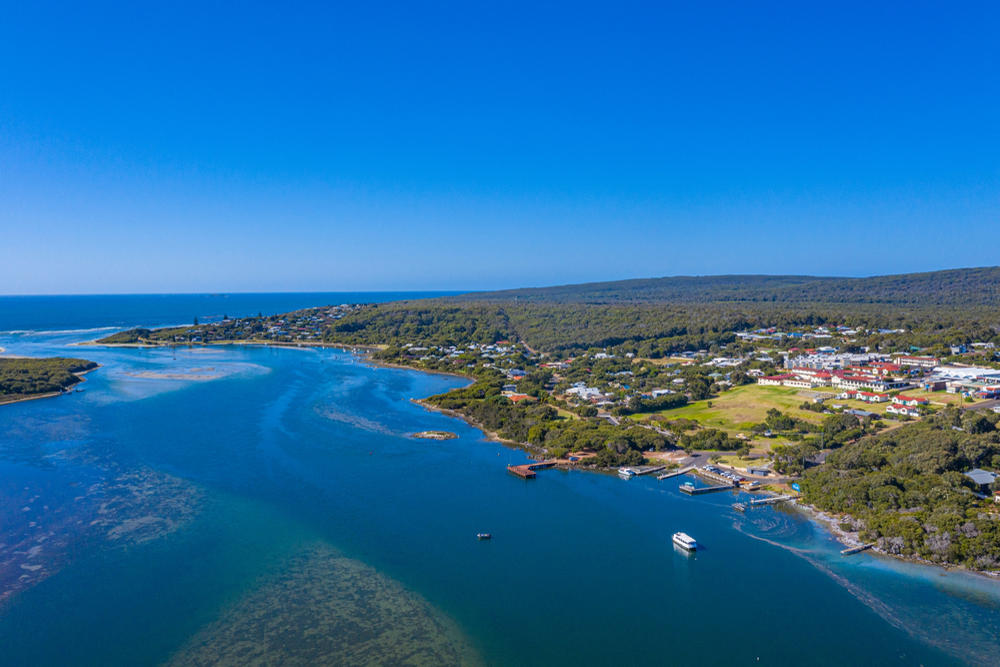
The Queensland Parliament has passed landmark legislation aimed at fostering stronger coexistence between the state’s agriculture, resources, and renewable energy sectors.
The reforms include expanding the roles and responsibilities of key institutions tasked with managing land access, groundwater impacts, and dispute resolution.
Under the new legislation, the GasFields Commission Queensland will be rebranded as Coexistence Queensland, with an expanded remit to provide enhanced information, engagement, and education services to the community and industry on land access and coexistence issues across the resources and renewable energy sectors.
Previously, the institution’s focus was solely on the onshore gas industry.
The Office of Groundwater Impact Assessment (OGIA) will now have an expanded role, providing advice to government entities on subsurface impacts from petroleum and gas activities upon request.
Additionally, the Land Access Ombudsman (LAO) will see its role broadened to support stakeholders in resolving a wider range of land access disputes through alternative dispute resolution pathways.
Resources and Critical Minerals Minister Scott Stewart emphasised the importance of these reforms, stating: “Queensland’s coexistence framework has been strong, but we have never compromised on our efforts to make it stronger.
“The expanded roles and responsibilities of Coexistence Queensland, the Land Access Ombudsman, and the Office of Groundwater Impact Assessment are especially important because it means any gaps or duplication of services have now been addressed.”
Energy and Clean Economy Jobs Minister Mick de Brenni highlighted the significance of these reforms in supporting Queensland’s clean energy transition.
“Working with communities is at the heart of our clean economy transition, and the Miles government is committed to ensuring we listen and work with locals and landholders,” he said.
Warwick Squire, CEO of Coexistence Queensland, expressed excitement about the organisation’s expanded role.
“Coexistence Queensland will play a key role in connecting landholders, community, industry, and government to work and thrive together,” he stated.
“It’s about ensuring industry development occurs in a socially responsible and sustainable way, with the interests of the community at its core.”
The legislation also includes amendments aimed at improving processes for assessing and administering resource authorities and reducing the state’s financial risk from resource companies failing to comply with their environmental or rehabilitation obligations.
These reforms align with the key focus areas outlined in the Queensland Resources Industry Development Plan and are expected to build stronger relationships between resources, agriculture, and other land uses, fostering sustainable coexistence and development across the state.










